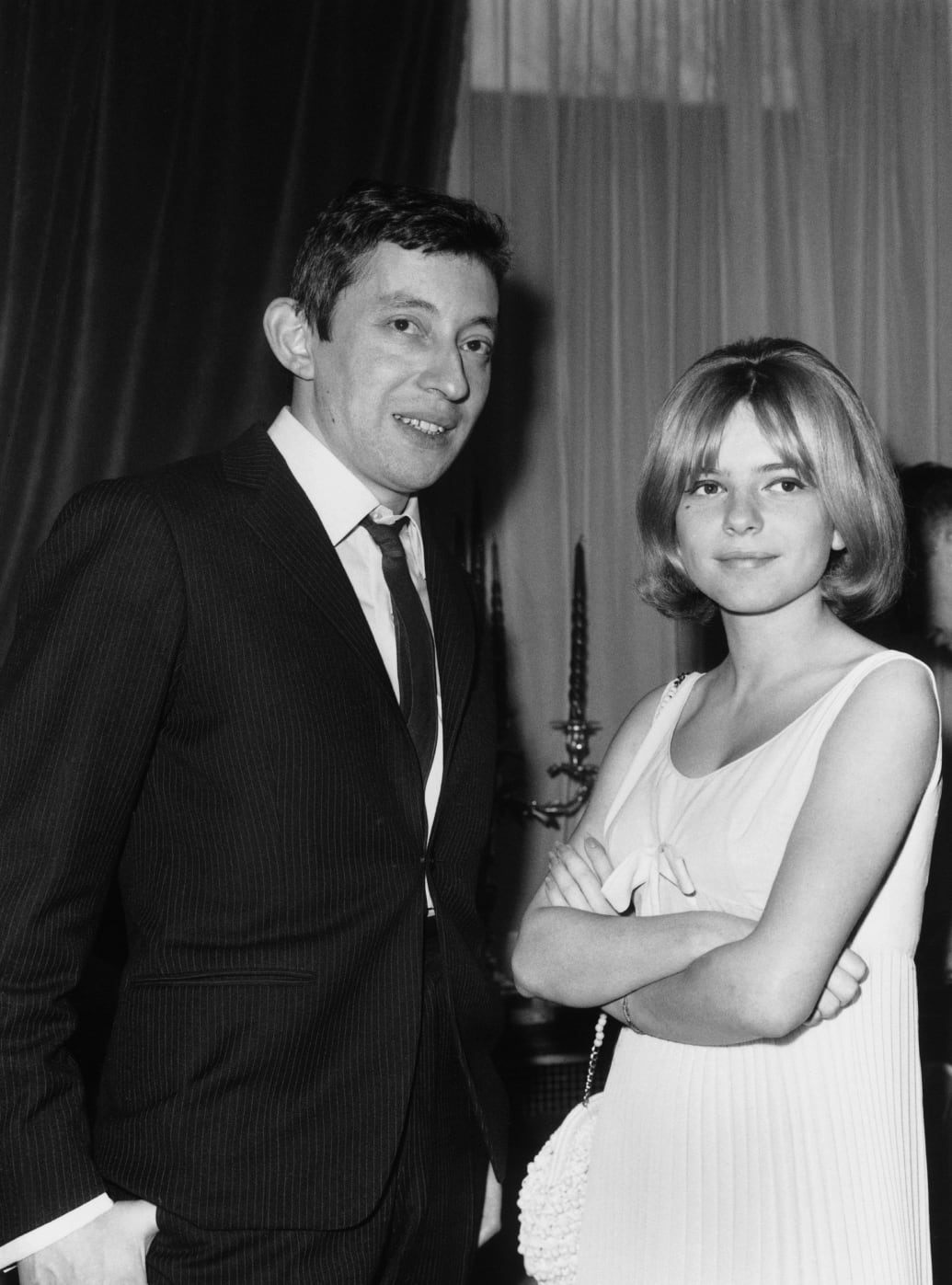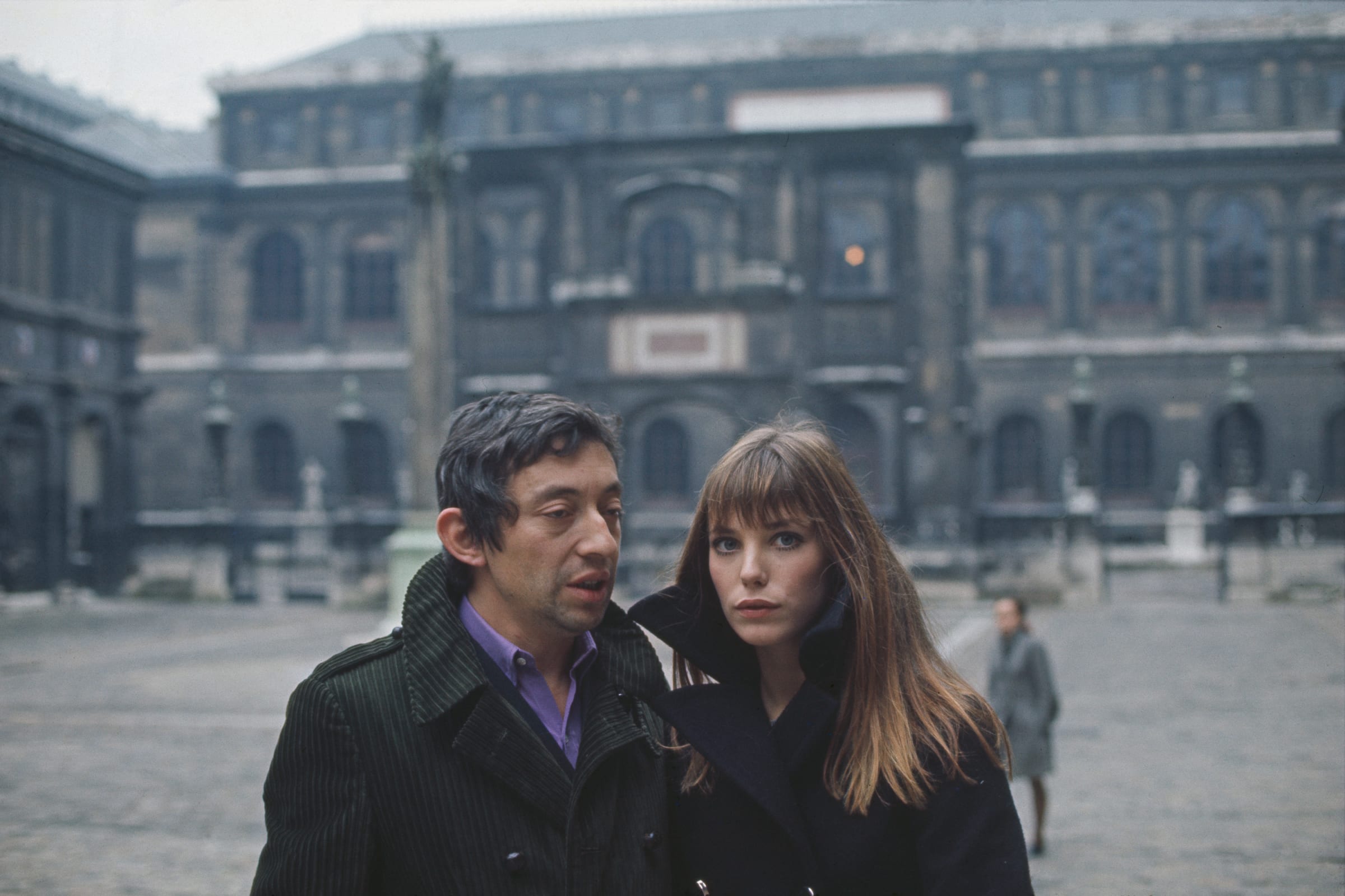Serge Gainsbourg Promoted Incest and Pedophilia. Now He’s Being Honored.
When Serge Gainsbourg, one of France’s most influential singer-songwriters, died aged 62 on March 2, 1991, then-president François Mitterrand described him as “our Baudelaire, our Apollinaire. He elevated the song to the level of art.”
Gainsbourg remains one of the country’s most popular musicians, who went on to inspire everyone from Nick Cave to Daft Punk, Massive Attack and De La Soul. But in 2022 the themes of incest, misogyny and racism in his music make him an increasingly controversial figure. For some, his transgressiveness is a quintessential part of French culture. To others, he is a symbol of toxic masculinity. On the 30th anniversary of his death last year, Les Inrockuptibles magazine asked if Gainsbourg had become problematic, and L’Obs wondered “can we still like him today?”
This spring, his daughter Charlotte Gainsbourg will open the doors of 5bis Rue du Verneuil in Paris as Maison Gainsbourg, the first cultural institution dedicated to the artist. The songwriter’s small house, where he spent the last years of his life, has long served as a shrine covered with posters, photographs and graffiti tributes. After a long wait, it was set to open to the public to mark the 30th anniversary of Gainsbourg’s death but was postponed due to COVID-19. Tours of the house will be accompanied further down the street by a museum, a bookshop and a café that turns into a piano bar at night. In a separate event, a new metro station on the edge of Paris will be named after him next year in honor of his song “Le poinçonneur des Lilas” (The ticket-puncher of Les Lilas).
Best known for his 1969 hit “Je t’aime…moi non plus,” banned by the BBC due to its explicit content and denounced by the Vatican, Gainsbourg was always a controversial figure. His penchant for provocation led him to record a reggae version of “the Marseillaise” [the French national anthem] and burn a 500 franc note live on TV to protest against high taxes. “Provocation seemed to be part of his arsenal, of the way he tried to make an impact, of the character that he constructed,” says David Platten, a professor at the University of Leeds who specializes in French popular culture. “And France as a country likes to appropriate some of its more radical kinds of artists.”
But while Gainsbourg still enjoys the aura of a glamorous icon as the “bad boy” of French music, some of his albums make for a chilling listen at a time when femicide is a growing problem in France. In the 1976 album L’homme a la tête de chou the narrator warns his lover Marilou to “watch out or I’ll beat you up,” until he finally kills her in a fit of jealousy. The album Histoire de Melody Nelson, widely regarded as his masterpiece, has parts that are equally disturbing.
In 1966, Gainsbourg persuaded France Gall, who was 18 years old at the time, to record his song “Les Sucettes” (Lollipops). She later said she hadn’t understood that the lyrics were about fellatio and said she was left humiliated by the experience. “It was horrible. It changed my relationship with boys. It humiliated me,” Gall told Le Parisien in 2015, calling Gainsbourg a “fat pig.”

France Gall and Serge Gainsbourg at a reception in a Parisian restaurant. The party was given on the winning of the Eurovision prize by Gall with Gainsbourg’s song
Keystone-France/Gamma-Keystone via Getty
Belgian singer Lio is one of the few people to have publicly called him out since the #MeToo movement. In September 2020, she described him as “the Weinstein of music” in an interview with Arte Radio. “He was a harasser, he was not at all cool with girls. I witnessed it,” she said. However, nobody has publicly accused Serge Gainsbourg of sexual assault or rape.
His behavior got worse in his later years, as he increased his intake of alcohol and cigarettes. In 1986, he appeared drunk on a TV program where he told Whitney Houston that “he wanted to fuck her.” The same year he called singer Catherine Ringer a “whore” because she had appeared in a porn movie. He put his bad manners down to the self-created character of Gainsbarre, a fictional alter ego that represented his dark side.
Jane Birkin, who was in a relationship with Gainsbourg for 13 years, defended her late lover and said he shouldn’t be judged against the standards of today’s #MeToo era. “You can’t judge things by other epoques,” she said in an interview with The Times. “You can’t measure them by this extraordinary state that MeToo has made.”

Serge Gainsbourg and his partner Jane Birkin in the courtyard of the French National College of Fine Arts, in Paris, January 2, 1969
Jacques Haillot/Apis/Sygma/Sygma via Getty
In her diaries published in 2018, Birkin describes scenes of violence at the time when she and Gainsbourg became France’s most iconic couple, such as one occasion when he slapped her “one, two, three times.” Bertrand Dicale, a journalist and author of the…
Read More: Serge Gainsbourg Promoted Incest and Pedophilia. Now He’s Being Honored.

